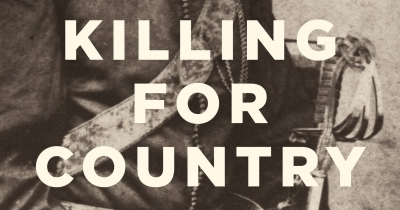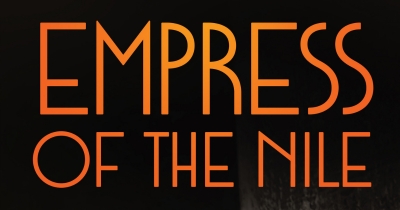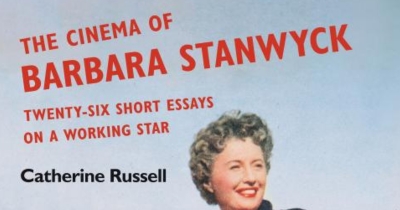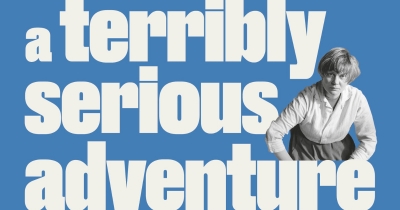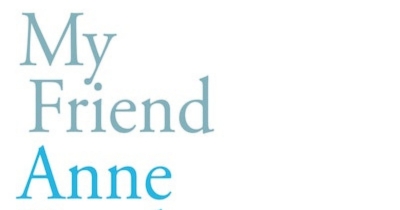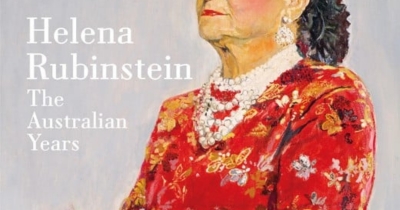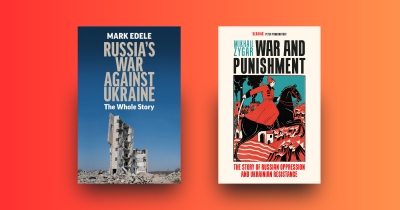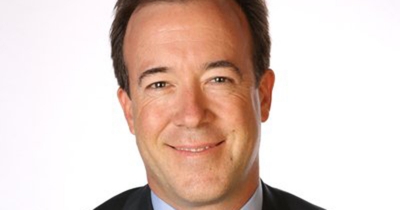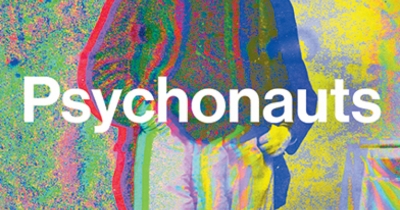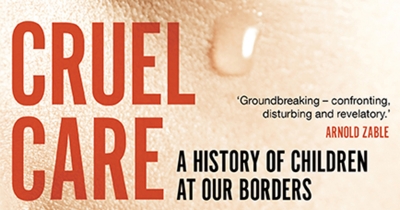History
Empress of the Nile: The daredevil archaeologist who saved Egypt’s ancient temples from destruction by Lynne Olson
by Theodore Ell •
A Terribly Serious Adventure: Philosophy and war at Oxford 1900–1960 by Nikhil Krishnan
by Karen Green •
War and Punishment by Mikhail Zygar & Russia's War Against Ukraine by Mark Edele
by Nick Hordern •
Clare Wright’s letter in response to Bain Attwood (ABR, August 2023) should profoundly disturb and unsettle anyone in this country concerned about the survival of active, rigorous, and engaged historical scholarship.
... (read more)Psychonauts: Drugs and the making of the modern mind by Mike Jay
by Ben Brooker •
Cruel Care: A history of children at our borders by Jordana Silverstein
by Amy Nethery •

